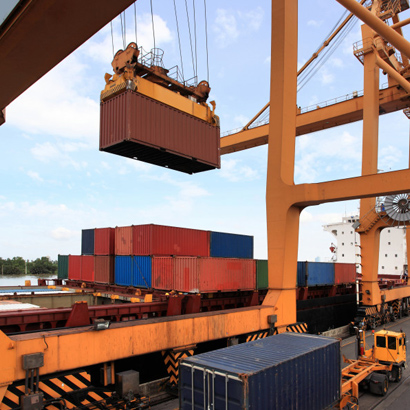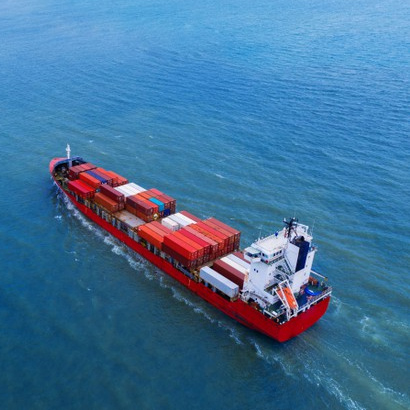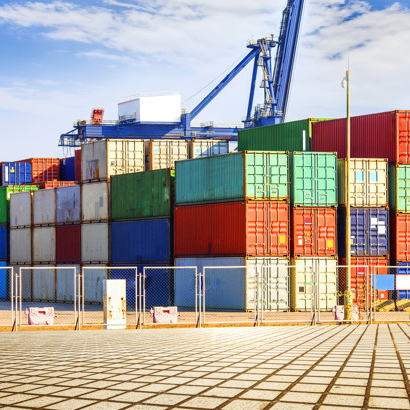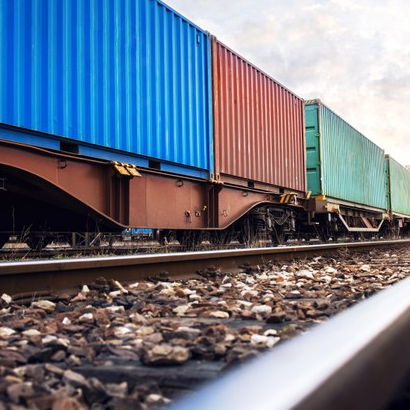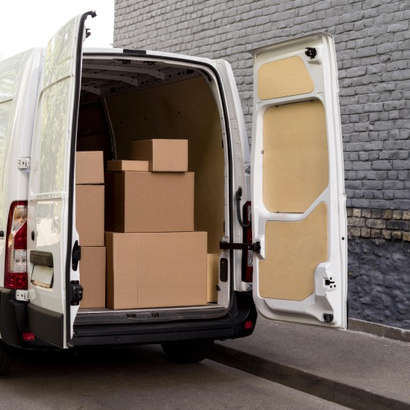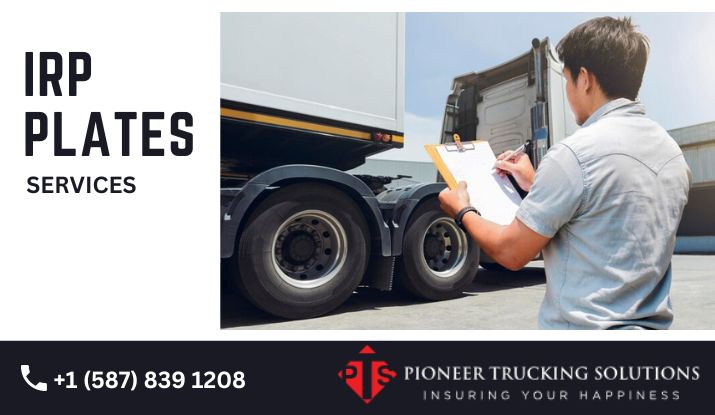For every truck professional, there is a need for in-depth knowledge and information about IRP plates to become a successful truck driver. Truckers always need to fulfill some legal formalities because, without those, they won’t become complaint truckers. IRP plates are crucial for commercial vehicles to travel across states to conduct interstate transportation operations. That’s why every truck driver must comply with the IRP plate rules and regulations.
Hence, truckers would need to become well-equipped with IRP plate knowledge to know everything about it like how IRP plates work and why truckers need to apply for that. In this blog, we will share with you some FAQs that truckers often ask about crucial IRP plates. So, let’s have a look:
1. What are IRP plates?
IRP plates, which are also called International Registration Plan plates are reciprocity agreements that are needed among US states and Canadian provinces. These plates allow commercial vehicles like trucks to operate across states and provincial lines to conduct the trucking business without any hassle.
2. Who is required to have IRP plates?
IRP plates are required for truck drivers whose commercial vehicles cross state borders or enter Canada. Long-haul truck drivers, goods carriers, and any commercial vehicles involved in interstate or international trade fall under this category.
3. How Can I apply for the IRP plates?
You must get in touch with your base jurisdiction, usually, the state in which your company is located, to apply for IRP plates. They will give you the required paperwork and application forms for application. Then you will have to submit comprehensive fleet information, such as the quantity and weight as well as the jurisdictions in which you intend to conduct business.
4. What steps are involved in renewing an IRP plate?
Usually, IRP plate renewal takes place once a year. Your base jurisdiction will send you a notice of renewal together with the necessary costs and any updated vehicle details. To avoid any penalties or fines, make sure you finish the renewal process before the deadline.
5. How are the registration fees for IRP calculated?
The vehicle’s weight and the anticipated distance it will travel in each jurisdiction are used to determine the IRP registration fees. The total registration charge increases with the number of states or provinces a vehicle travels through. The exact calculating method your base jurisdiction uses determines the fees.
6. What are the consequences of not applying for IRP plates?
Heavy fines and penalties may be imposed for breaking IRP laws. Your truck may be seized or taken out of service, which will cause operational disruptions and financial losses. Sustaining compliance is necessary to prevent these outcomes.
7. Can I transfer or, if necessary, replace IRP plates?
It is possible to move IRP plates to a different car or get replacements in case they get lost or destroyed. For these processes, make sure you adhere to the guidelines provided by your base jurisdiction and maintain accurate record-keeping.
To Conclude
Hence, these were some of the most common FAQs about IRP plates that every trucker must go through. Truck driver has to become practically trained for driving on the roads on one hand, but more importantly, it is also crucial for them to remain compliant and updated by the new laws and rules emerging in the truck driving industry. So, if in case you are also looking to apply for IRP plates or want to know anything about it, just get in touch with Pioneer Trucking Solutions in Calgary, you will get detailed assistance on any of your queries related to the trucking profession.

